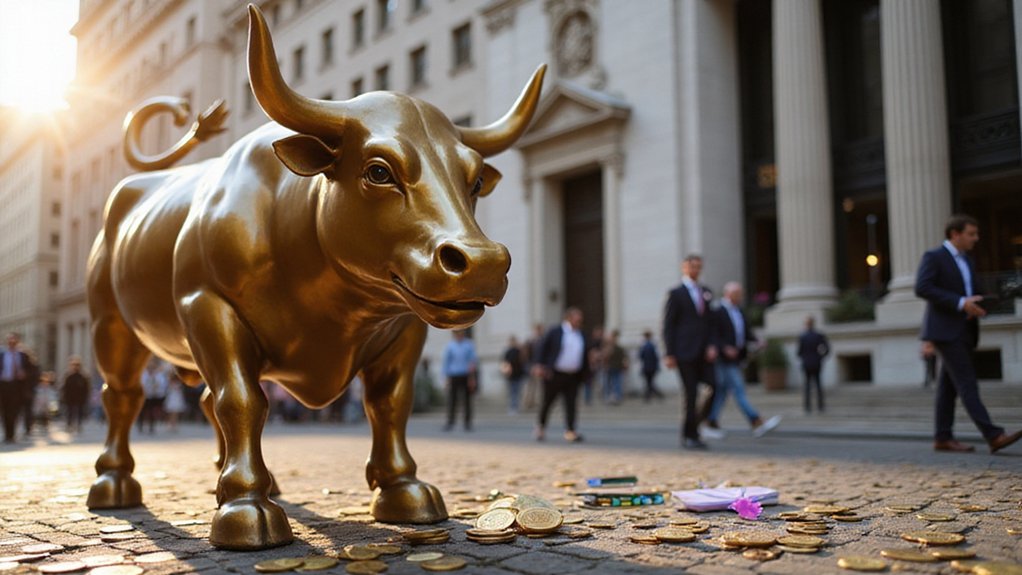While the House celebrated its so-called “Crypto Week” with the legislative equivalent of a victory lap—passing multiple digital asset bills including the CLARITY Act and stablecoin regulations—the Senate has charted a decidedly more circumspect course with its draft “Responsible Financial Innovation Act of 2025.”
The upper chamber’s approach, spearheaded by Republican senators including Tim Scott and Cynthia Lummis, diverges meaningfully from the House’s CFTC-centric framework by preserving substantial regulatory authority for the SEC over certain digital assets, creating what industry observers diplomatically term a “jurisdictional tension” between the two chambers.
The Senate’s measured approach preserves SEC authority over digital assets, creating diplomatic tensions with the House’s commodity-focused framework.
This regulatory chess match has crystallized around a fundamental question: should digital assets be treated primarily as commodities (House preference) or subjected to securities oversight for “ancillary assets” (Senate inclination)?
The Senate’s draft legislation, while building upon the House-passed CLARITY Act, maintains SEC primacy over certain classifications—a position that has prompted considerable industry pushback, particularly from developers who fear regulatory overreach could stifle innovation.
The timing proves particularly intriguing given that 112 companies have reportedly demanded explicit protections for crypto developers, highlighting concerns that unclear jurisdictional boundaries could expose technologists to enforcement actions. Recent SEC decisions suggest a reduced enforcement intensity against crypto companies, potentially signaling a shift in regulatory approach.
This developer advocacy coincides with the Senate’s public Request for Information solicitation, with responses due August 5, 2025—suggesting lawmakers recognize the complexity of their task.
Meanwhile, the Senate’s GENIUS Act for stablecoin regulation has garnered bipartisan support, mandating full reserve backing and establishing federal standards while exempting stablecoins from commodity and securities classifications.
Yet secondary market trading remains largely unregulated, introducing what might charitably be called “regulatory gaps.” Critics warn that these unregulated secondary markets create potential loopholes for evasion and cross-border money laundering.
The broader political context reveals senators framing 2025 as a critical year for establishing America’s digital asset framework, particularly as global CBDC initiatives proliferate. The draft legislation notably permits banks to engage in digital asset activities including custody, trading, and payment services, potentially bridging traditional finance with the evolving crypto ecosystem.
Republican lawmakers position their regulatory push as essential for maintaining U.S. leadership in the digital asset space, though the SEC-CFTC consultation requirements embedded in their draft suggest acknowledgment that regulatory harmonization remains elusive.
As both chambers navigate these jurisdictional complexities, the crypto industry watches with keen interest—and no small amount of trepidation—wondering whether legislative compromise will emerge or if regulatory uncertainty will persist indefinitely.








